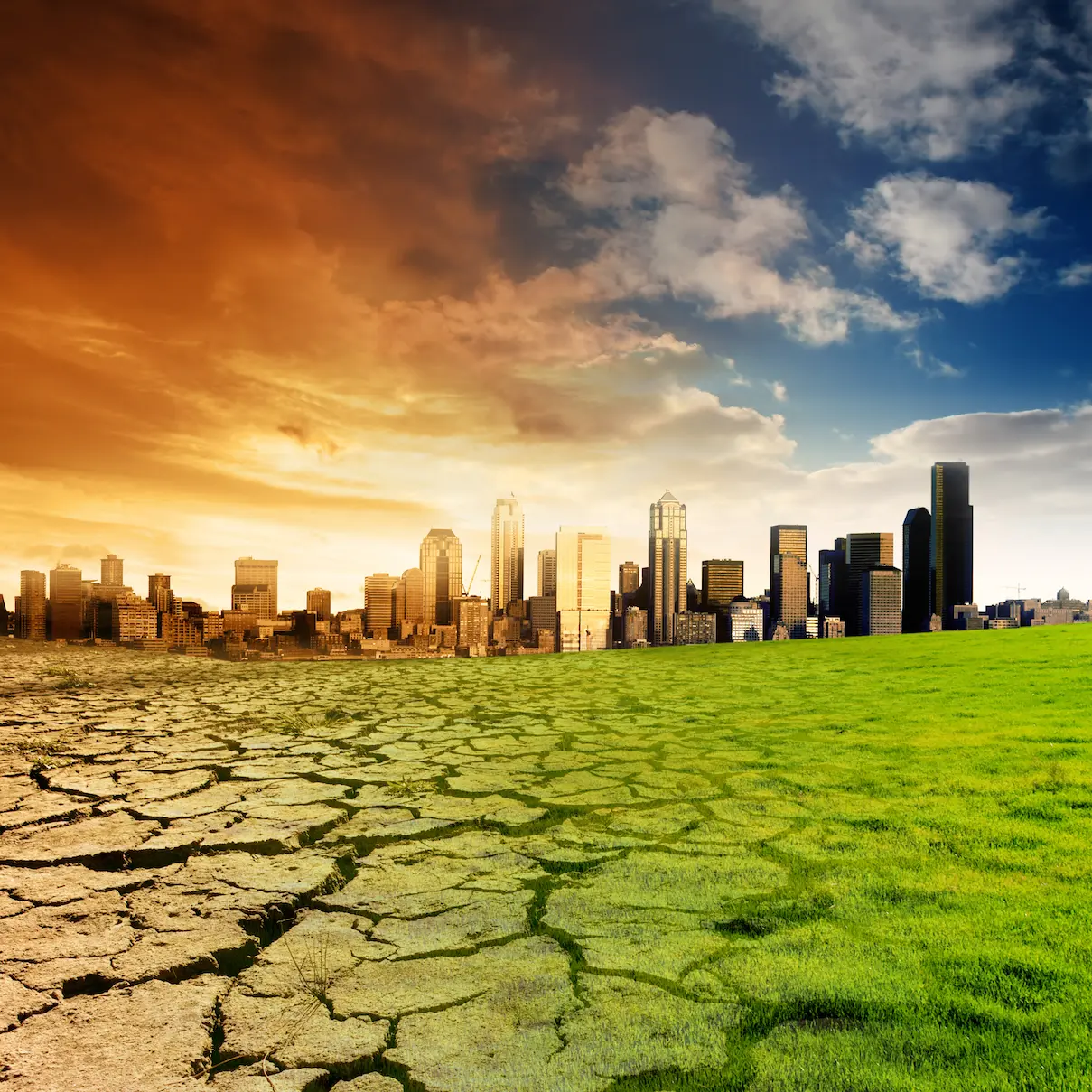Denis Rancourt, a former academic and environmental scientist, did research that challenged many of the mainstream fashions and paradigms of climate change and planetary heating. Climate change is real, Rancourt acknowledges, but it is not necessarily true that the warming is triggering climate change.
He questions the standard narrative that emissions from burning fossil fuels and other human activities are the major driving force behind the rise in global temperature. But Rancourt has pointed to natural climate variation and other sources as more significant in the development of the Earth’s climate., especially among scientists, where there is almost unanimous agreement that global warming is caused by human beings.
Rancourt’s stance makes him different from the rest of the science world, whose conclusions are based on climate data and models to make future predictions. His views are questionable; however, they do make one think about how we perceive climate science and the rights of minorities to have different opinions.
Rancourt’s Public Statements on Global Warming
Rancourt’s statements have created a lot of discussion as to the extent of the problem of global warming in the public sphere especially among scientists and environmentalists. He has criticized the current discourse on climate change as overemphasizing the role of human intervention in the process of global warming and doubting the calculations and measurements used in climate modeling. He claims that most of what is told about climate change is based on science which can be described as either inaccurate or inflated.
Rancourt’s opinions are contrary to the majority of opinions that have been made concerning the need to combat climate change, and therefore, calls for people to embrace the need to seek the truth and share it. Though he matches some contrarian scientists, he has received much criticism from the conventional climate change experts who have stressed on the fact that climate change is real and it is caused by human activities.
Rancourt’s Criticism of Mainstream Science and Policy
Rancourt takes on mainstream science and policy, for their use of reductionism seeking to boil down complex societal and environmental issues. According to him, this reductionism frequently results in a limited, mechanical perspective on human activity and the environment, ignoring the interrelation of numerous elements.
Rancourt argues that policy decisions based on this oversimplistic science can sustain inequality, environmental destruction, and social injustice.
In so doing, he highlights the need to integrate other perspectives, and other knowledge systems — like indigenous knowledge systems and alternative forms of science — to arrive at diverse, holistic, equitable solutions. Science rationale serves to maintain the interests of the ruling classes and powerful elites, it wrapped a powerful tool, the key to the truth with a white veil and masks, not to widen the interests of the many and to deepen a crisis that has global magnitude like the global warming, the poverty, the disease.
Scientific Debate: Does Rancourt Deny Global Warming?
Rancourt’s views on global warming have sparked significant debate. While he doesn’t outright deny climate change, he challenges the extent to which human activities, particularly carbon emissions, are responsible for the current warming trend. Rancourt argues that natural cycles, such as solar variability and Earth’s orbital changes, may play a more substantial role in climate shifts than is widely acknowledged.
He critiques the mainstream narrative, suggesting that the science behind climate models is often oversimplified or politically driven. Critics argue that Rancourt downplays the overwhelming evidence of anthropogenic influences on climate change, such as the consensus among climate scientists and observed data. His position remains controversial, prompting further discussion on the complexity of global climate systems and the influence of human activities.
Rancourt’s View on Alternative Explanations for Climate Change
When mainstream science consensus attributes climate change largely to human activity, Rancourt says other explanations warrant much greater consideration. Natural factors—like solar radiation, volcanic activity and ocean currents—may have a larger impact on climate variations than most people think, he argues.
With that, hang the hat on anything but that CO2 is the primary cause of global warming. He argues that these alternative theories should at least be considered—that climate science should be a much more open discussion that embraces many viewpoints, particularly in light of the policy choices we are making based on climate models.
Critics and Supporters of Rancourt’s Views
Critics and supporters of Rancourt’s views are deeply divided, with each side offering contrasting perspectives on his controversial theories. Supporters argue that Rancourt’s unconventional approaches challenge the mainstream educational system, pushing for greater intellectual freedom and promoting independent thinking. They appreciate his critique of traditional academic structures, viewing him as a champion of critical pedagogy.
On the other hand, critics contend that his views undermine established educational practices and can be disruptive to students’ learning. They accuse him of oversimplifying complex issues and failing to provide viable alternatives to the conventional system. The polarized opinions reflect broader debates about the balance between traditional education and more radical, transformative approaches to learning and knowledge production.
FAQ’s
Does Denis Rancourt deny global warming?
Yes, Denis Rancourt has expressed skepticism about the extent and causes of global warming, particularly questioning the consensus among mainstream climate scientists.
What is Denis Rancourt’s background in relation to climate change?
Rancourt is a former professor of physics and a researcher known for challenging mainstream environmental science, including global warming theories.
What specific aspect of climate change does Rancourt dispute?
Rancourt disputes the human impact on global warming, suggesting that natural factors may play a more significant role than commonly acknowledged.
Has Denis Rancourt published work on climate change?
Yes, he has written articles and given talks that challenge the mainstream narrative of anthropogenic global warming.
What is Rancourt’s stance on environmental activism related to climate change?
Rancourt is critical of the environmental movement’s approach to global warming, particularly its reliance on government-led policies and corporate interests.
Conclusion
Denis Rancourt, a Canadian professor and scientist, has some reservations about the mainstream scientific approach used in climate change, especially the role of man in global warming. Although Rancourt can not be said to have gone to the extent of disputing that the globe is warming, he also has some reservations on pointing out the accuracy of the cause climate of models climate and changes could analysis be of more climate complicated data.
than it is usually explained, and that the variations of the solar radiation and the Earth’s orbital cycles could be more important than the anthropogenic factors.
Rancourt also has a problem with the political and economic aspects of climate change policies, and he argues that the idea of anthropogenic global warming is a concept which certain organizations push for their own gain. However, his views are considered as extreme and different from the majority of climate scientists who have established that global warming is mainly caused by human activities such as burning of fossil fuels.




